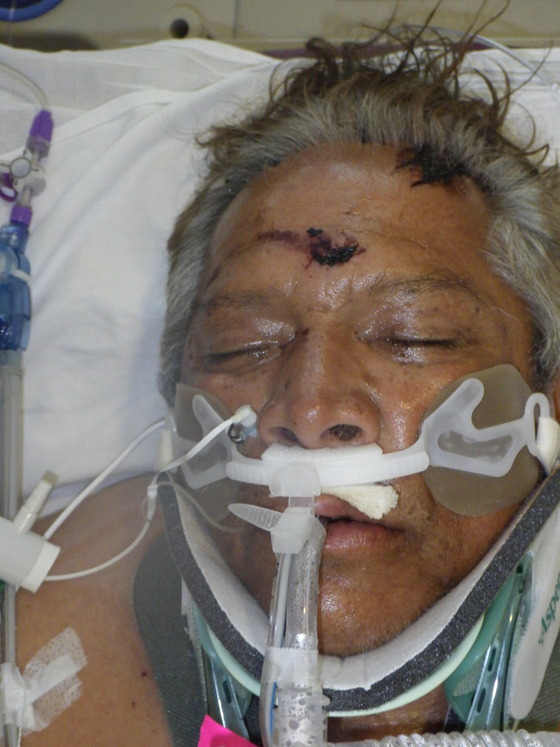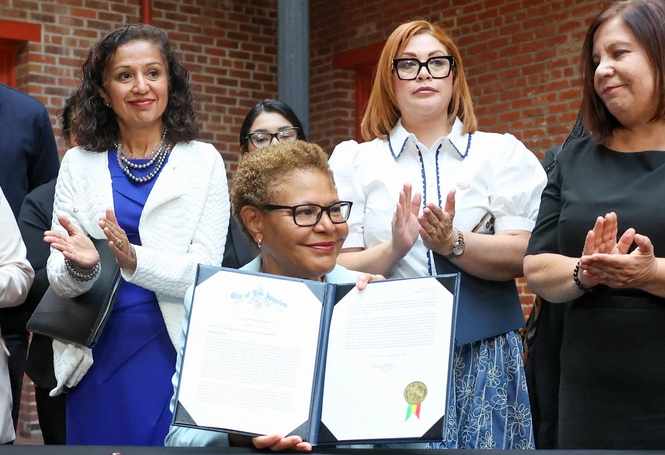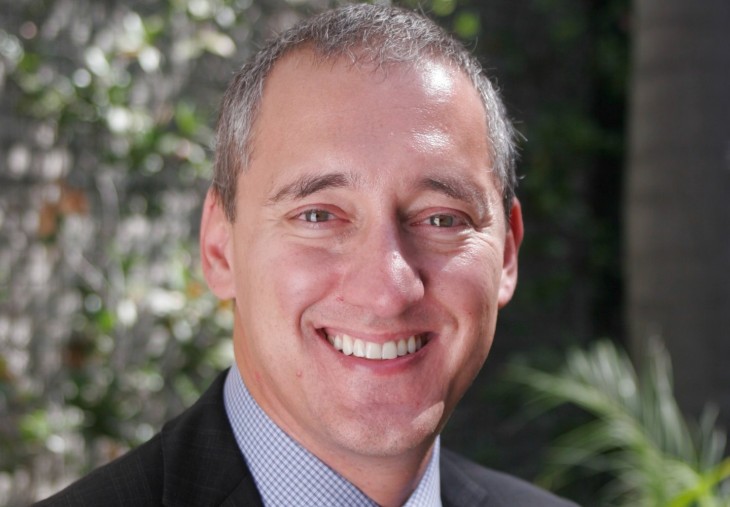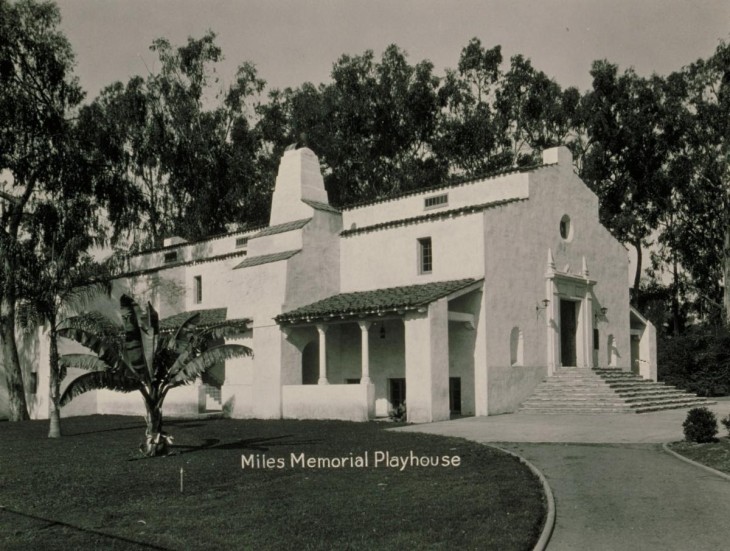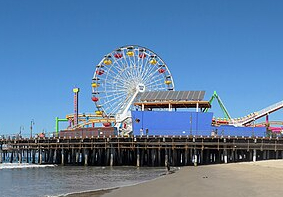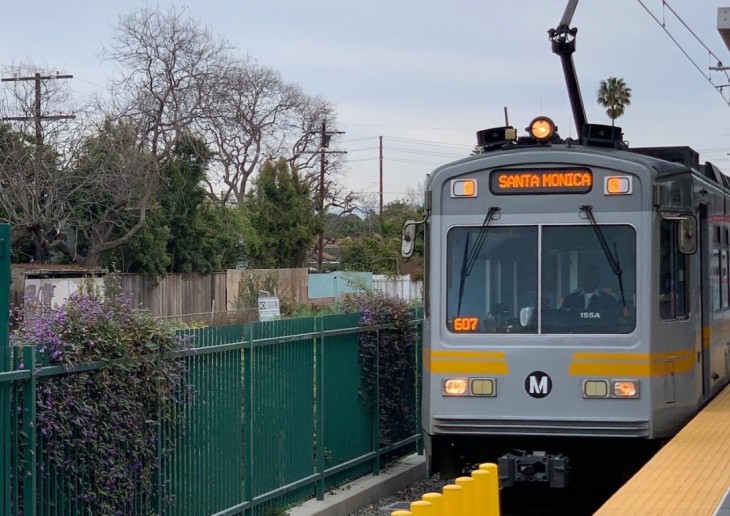For years as the California Public Utilities Commission (PUC) spawned scandals, criminal allegations and physical disasters, Gov. Jerry Brown sat silent, uttering nary a critical word about the disgraced agency.
He’s still not talking about ethical problems in his administration, including charges of cronyism and favoritism at the Energy Commission and documented lies both from state prison authorities and the group of agencies that threatened summer blackouts unless the leaky Southern California Gas Co. storage field at Aliso Canyon in northern Los Angeles reopens soon.
But at least Brown and his appointees are at long last making some moves.
Most prominent was a mid-May ruling from the PUC that reopened a scandal-plagued settlement dunning consumers about 70 percent of the $4.7 billion cost of closing the San Onofre Nuclear Generating Station in north San Diego County, wrecked in large part because of a blunder by its main owner, Southern California Edison.
The settlement was outlined in a secret meeting in Poland between Edison officials and former PUC President Michael Peevey, under criminal investigation for his role.
Two quieter actions could be important, too. Brown’s latest budget revision, for one, shows he has given up on the idea that the PUC problems will quietly go away without him doing anything, thus leaving him a legacy of balancing the state budget, promoting renewable energy and fighting climate change.
Even Brown – or at least his budget writers – now admits the PUC has safety problems. It didn’t take a genius to see this, after the 2010 explosion of a Pacific Gas & Electric Co. natural gas pipeline that killed eight persons in San Bruno and destroyed dozens of homes. That was followed by the San Onofre shutdown.
Then came the months-long methane leak at Aliso Canyon. Brown in mid-May quietly signed a bill by Democratic state Sen. Fran Pavley of Los Angeles requiring each Aliso well to pass a battery of tests or be plugged before the field can reopen.
Along with his budget proposal for a new safety division at the PUC, that made three significant moves in less than a week for Brown, who all but ignored these fronts for years.
Put them together, and it’s clear Brown knows the state’s utilities have safety issues and his regulatory appointees have ethical ones. He’ll toss a little money at the safety problem. But not much.
In a state budget reaching above $120 billion, the governor proposes spending just shy of $1.7 million on 11 PUC staffers for a new Division of Safety Advocates (DSA).
This outfit, the proposal says, would operate much like the present PUC Office of Ratepayer Advocates (ORA), tasked with keeping utility rates down. ORA has dismally failed at this, instead engaging in an elaborate dance where utilities demand hugely high rates, then let the PUC cut them back a little and brag about how much it “saved” consumers. California utility rates end up among the three highest in the Lower 48 states.
What might happen with the putative new DSA? Would it contribute to “compromises” that delay safety? Would it obfuscate lines of responsibility and help set up new criminal indictments like the one PG&E faces over San Bruno? Would DSA be a waste of money?
For sure, the PUC has long possessed the ability to track how utilities spend infrastructure maintenance fees California customers have paid since the early 1950s. But the agency never did that.
Also, does creation of a new division mean the governor and his appointees tacitly admit the abject failure of the existing PUC Safety & Enforcement Division?
Amazingly, it wasn’t until 2014 — well after both San Bruno and San Onofre – that the commission adopted a policy of continually assessing and reducing utility safety risks.
The budget plan says the new DSA would “determine whether additional safety improvements are needed.” They plainly are.
The bottom line: Sure, the PUC favors adding this office. It could provide a convenient fig leaf for commissioners to hide behind.
While Brown’s three mid-May moves should be just the beginning of an ethical and safety cleanup, they do show that secure as he feels, with no need ever to run for office again, he can be forced to recognize a need for changes, even if he won’t talk about them.

